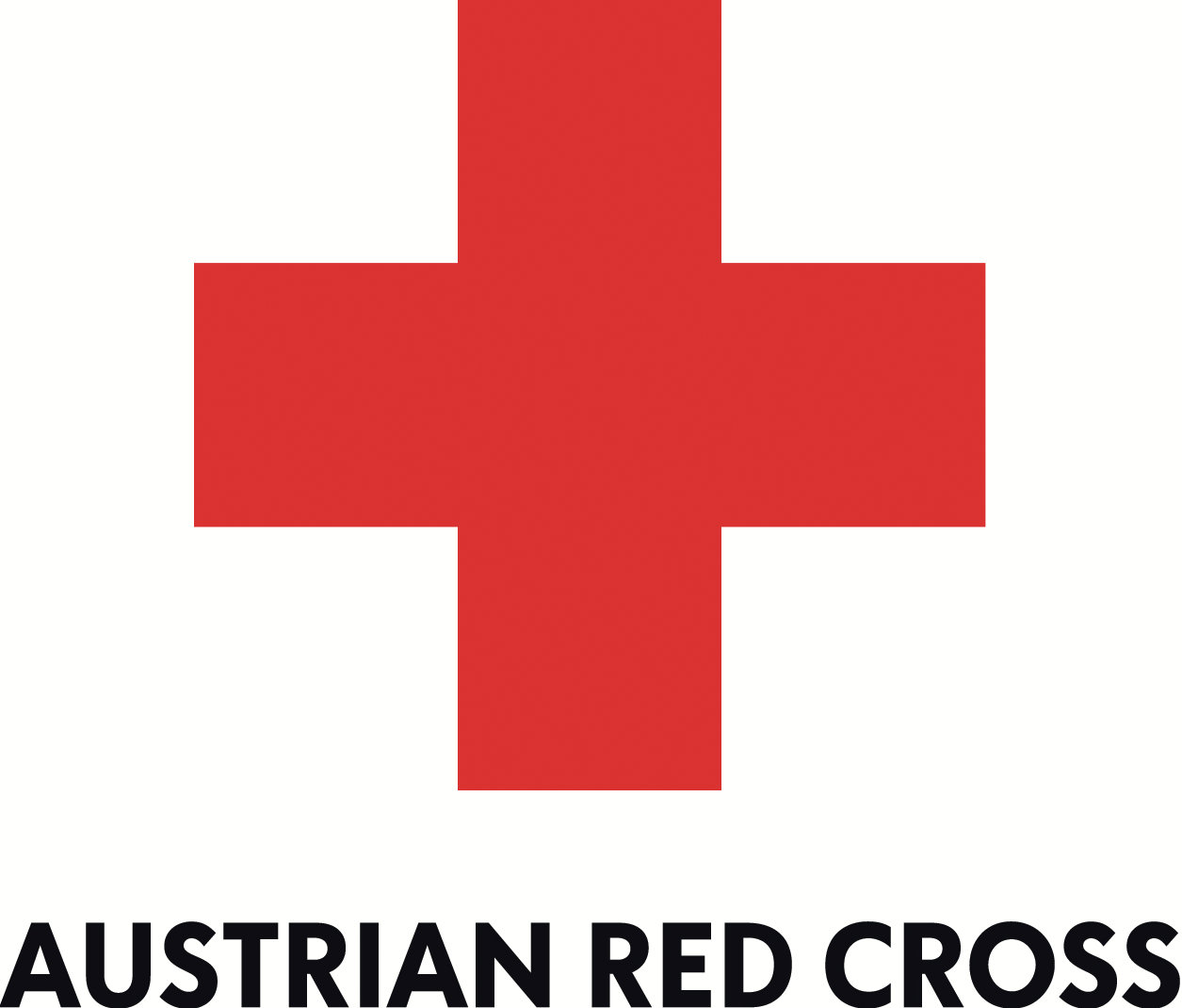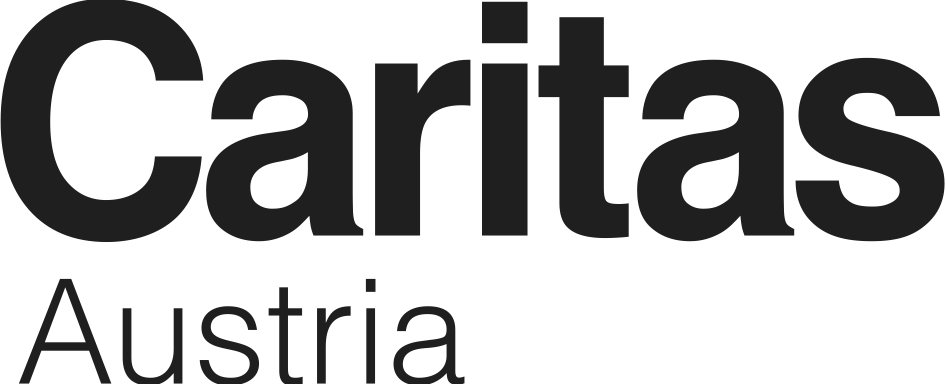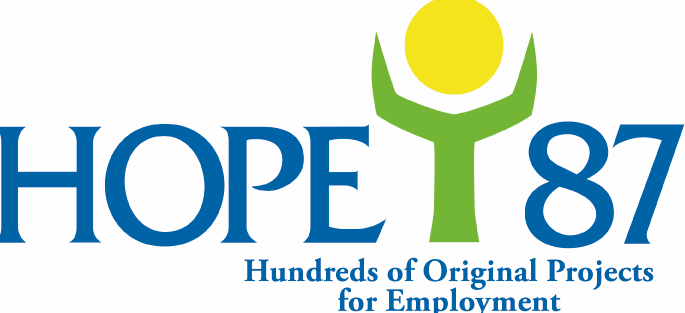08:00 Registration opens
09:00 Opening Speech / Main Ceremonial Chamber / Großer Festsaal
Opening remarks: Annelies Vilim Director, Global Responsibility, Austrian Platform
for Development and Humanitarian Aid
Welcoming note: Rudolf Hundstorfer Austrian Minister for Social Affairs
Welcoming note: Peter Launsky-Tieffenthal Director General, Department for Development
Cooperation, Austrian Federal Ministry for Europe, Integration and Foreign Affairs
Opening Speech
Access to Victims of Violence – Humanitarian Aid under Fire
Kyung-wha Kang Assistant Secretary-General for Humanitarian Affairs and
Deputy Emergency Relief Coordinator of the United Nations
09:30 – 10:45 / Main Ceremonial Chamber / Großer Festsaal
Humanitarian Aid in between International Politics
Today’s ongoing transformations in the political, economic, social and environmental sphere
pose huge challenges to people in need. The number and severity of disasters, armed conflict
and violence has increased. Complex emergencies – the coincidence of multiple conflicts,
political crisis, and disasters – are no longer the exception.
The pressure on people already affected by complex emergencies is intensified by global trends
such as climate change, rapid urbanisation and demographic changes, to name but a few. These
factors hit poor people and societies hardest. 1.5 billion Human beings live in areas affected
by conflict and/or in a situation with dysfunctional state institutions, poor governance, and
states being unable or unwilling to provide basic services and security to its people. NGOs are
witnessing on daily basis what the consequences of this insecurity meant for people in need of
life saving activities. Humanitarian aid can be suspended, withdrawn or rendered impossible by
violent events. For example wounded and sick people can be denied effective healthcare when
hospitals are damaged by explosive weapons or forcibly entered by fighters, when ambulances
are hijacked and when healthcare personnel are threatened, kidnapped, injured or killed.
The huge short- and midterm needs of affected populations are met by an increasing amount
of humanitarian assistance channelled through the international community and humanitarian
organisations. What are the implications for the delivery of humanitarian aid in the international
order? How does humanitarian aid, humanitarian intervention and human rights interlink with
each other? Is it that state sovereignty comes first, potential instrumentalisation of humanitarian
aid next, and people are often left alone at the end? What can be done? Is there a way out?
Moderator & Master of Ceremony
Irene Jancsy Director of Communications, MSF, Vienna
Panel Members
Kyung-wha Kang Assistant Secretary-General, United Nations
Yves Daccord Director General, International Committee of the Red Cross
Wolfgang Petritsch Former UN High Representative in Bosnia and Herzegovina, Diplomat
Program / 2015
- 1
In collaboration with CARE / Diakonie Katastrophenhilfe / Hilfswerk / HOPE‘87
Jugend Eine Welt / Light for the World / SOS Children‘s Villages / World Vision
11:00 – 12:30 / Main Ceremonial Chamber / Großer Festsaal
Social Media: Heaven or Hell?
The impact of social media on a global information flow and society’s opinion making processes
has increased drastically within the last decade.
From tweets in Egypt to blogs in Syria and Facebook campaigns in Sudan, the world recognized
the impact “civil journalists” create through sharing their reality within seconds. For the humanitarian
world, social media made it possible to hear the voices of disaster affected people, even if
the area of those people is not accessible. Innovative methods, like transferring messages from
platforms like Twitter into people’s phones has positive impacts, but simultaneously also bears
negative risks.
Does social media revolutionise humanitarian assistance? How to deal with negative effects, like
data overflow and protection of the users? Heaven or Hell?
Keynote Speech
Mahmoud Shabeeb Regional Communications Officer for the Syria Crisis, Care
Moderator
Lisa Stadler Journalist, Social Media Standard
Panel Members
Ingrid Brodnig Journalist, Profil
Timo Lüge Journalist, Aid Worker
Thomas Seifert Journalist, Wiener Zeitung
Mahmoud Shabeeb Regional Communications Officer for the Syria Crisis, Care
11:00 – 12:30 / Small Ceremonial Chamber / Kleiner Festsaal
Access: Humanitarian Space – Life and Work in War
The principle that civilians have to be protected in armed conflicts and war and have a right
to humanitarian assistance lies at the core of humanitarian action. Although embedded in the
Geneva Conventions, in practice this principle is often violated: civilians, as well as aid workers,
are often targeted; and humanitarian organizations are too often prevented from reaching
people in desperate need of aid. Humanitarian practitioners thus often claim that the so called
humanitarian space has been shrinking. The term “humanitarian space” is used slightly differently
by different actors. There are however three main criteria against which to assess this common
claim: respect for the provisions of the International Humanitarian Law, the relative safety of
humanitarian workers and the degree of access to populations at risk. On the basis of CAR
(Central African Republic) the panel will discuss to what extent the claim that humanitarian
space has been shrinking is supported by evidence; Is CAR heading towards a genocide like
Ruanda in 1994 and are thus options to protect civilians possibly being even more undermined
in the future?
Keynote Speech
Dieudonne Nzapalainga Bishop, Central African Republic
Layama Oumar Kobine Imam, Central African Republic
Moderator
Cornelia Vospernik Journalist ORF
Panel Members
Karoline Kleijer Emergency Coordinator, MSF
Dieudonne Nzapalainga Bishop, Central African Republic
Layama Oumar Kobine Imam, Central African Republic
Kathrin Schick Director, VOICE
12:30 – 13:30 Lunch Break
13:30 – 15:00 / Main Ceremonial Chamber / Großer Festsaal
Lampedusa – European Responsibility at Stake
Tens of thousands of migrants and asylum seekers escaping from war and conflicts have
been arriving over the last years to European shores. Although Italy is a major gateway for
those who cross the Mediterranean, arriving from Syria, Libya and the Horn of Africa, often
in overcrowded boats and at the risk of their lives, this is a European Union issue rather than
solely an Italian one. The Italian borders are the borders of Europe in this context, and
according to agreements signed by all European Union countries, people have the right to
arrive safely and be received in an atmosphere where they feel safe. The appalling reality
is that unacceptable numbers of people are dying in the most distressing way as they seek
a better life for their families.
This situation calls for urgent action: All European Governments need to grant in line with
the relevant international law and national legislation to migrants appropriate international
protection and to ensure their access to urgent humanitarian services, such as health care,
shelter or assistance to make contact with their families. Europe needs to strengthen its joint
responsibility to ensure adequate safeguards to protect migrants. Is there a sign it will do so? Is
the European responsibility at stake when it comes to the protection of most vulnerable people?
Keynote Speech
Giuseppina Maria Nicolini Mayor of Lampedusa
Moderator
Erhard Busek Politician
Panel Members
Tareke Brhane Spokesperson of the ‘3rd of october Committee’, Italy
Oliviero Forti Caritas Italiana Migration Office
Giuseppina Maria Nicolini Mayor of Lampedusa
Michel Reimon Member of the European Parliament
Elisabeth Tichy-Fisslberger Director General for Legal and Consular Affairs
in the Austrian Ministry for Foreign Affairs (MFA)
13:30 – 15:00 / Small Ceremonial Chamber / Kleiner Festsaal
What’s App: Innovation and New Technologies Improving the Effectiveness
of Humanitarian Action – Myth or Fact?
´Innovation´ and ´new technologies´ are some of the buzzwords floating around when it comes
to the debate of how effective humanitarian aid activities nowadays are. The profound impact
of technological innovations on humanitarian action over the past decades is beyond question.
But it is always difficult to justify large budgets for Research & Developement projects when the
outcome does not relate with the desired results. This could be crucial for humanitarian aid
actors spending donor money, which has been initially donated to enable the NGOs to save
human lives, on research projects. How are humanitarians able to employ state of the art
technology in new and creative ways, and what risks and opportunities may emerge as a result
of technological innovations?
Keynote Speech
Paul Conneally Head of Communication, International Telecommunication Union
Moderator
Julia Herrnböck Journalist, NZZ
Panel Members
Paul Conneally Head of Communication, International Telecommunication Union
Peter Hulsroj European Space and Policy Centre, Director
Arkadiusz Kwasny Technology Consultant / CEO, Selleo
Robbert Mica Entrepreneur, Outernet Inc.
15:30 – 17:00 / Main Ceremonial Chamber / Großer Festsaal
Does Humanitarian Aid Prolong War?
The humanitarian space as well as humanitarian aid itself, have become increasingly threatened
over the past decade. Still those attacks or threats towards humanitarian aid constitute
just one aspect of the interface between NGOs’ activities and armed conflict. The aid-conflict
interaction is a two-way process and is not limited to effects of conflict on humanitarian aid.
Recent year’s research shows that any project set in a conflict-prone region will inevitably have
an impact on the peace and conflict environment – positive or negative, direct or indirect,
intentional or unintentional. In the midst of conflict, humanitarian aid projects become part
of the context and therefore have political, economic and social effects. The panel will
shed light on the different aspects and causes of potential negative effects of humanitarian aid
on armed conflict. Central to the discussion will be question: how to avoid or anticipate
negative effects?
Keynote Speech
Bertrand Taithe Professor University of Manchester
Moderator
Thomas Seifert Journalist, Wiener Zeitung
Panel Members
Günther Barnet Austrian Ministry of National Defence and Sport
Jose Antonio Bastos President of MSF Spain, Member of the International Board
Bertrand Taithe Professor University of Manchester
Suzanna Tkalec Humanitarian Director of Caritas Internationalis
15:30 – 17:00 / Small Ceremonial Chamber / Kleiner Festsaal
Violence in the Middle East – No Space for Humanitarians?
European geopolitics in the 20th century in the wider Middle East region contributed to a lot
of overall instability: parts of the Middle East were carved up, which required artificial borders
and the support of leaders that could be bought and influenced by external powers. Supporting
authoritarian regimes was seen as a useful tool to safeguard foreign interests, ignoring the
fact that people in the region were suffering and losing out. The Middle East remains one of
the world’s political and humanitarian hotspots. The recent scale of displacement resulting
from the Syrian crisis has a tremendous impact on the region, and specifically on Iraq.
In 2014 Syria’s neighbouring countries and particular Iraq’s Kurdistan Region have seen a
continuous influx of Syrian refugees, and millions of IDP’s are on the run in their own countries.
The humanitarian consequences of a protracted displacement, as well as the on-going
violence and instability in Syria and the region, are resulting in a major humanitarian catastrophe.
What does this political failure imply if the basic means of a decent human existence,
which acknowledges the distinctive culture, history, basic rights and entitlements, are denied to
hundreds of thousands of people affected by instability and conflict?
Keynote Speech
Karin Kneissl Journalist, Lecturer, Analyst
Moderator
Walter Posch National Defence Academy, Vienna
Panel Members
Karin Kneissl Journalist, Lecturer, Analyst
Omar Nuseir Deputy Director, Humanitarian Relief Coordination Unit, Ministry
of Planning and International Cooperation, Jordan
Mark Ohanian Director of Programs, International Orthodox Christian Charities (IOCC)


















